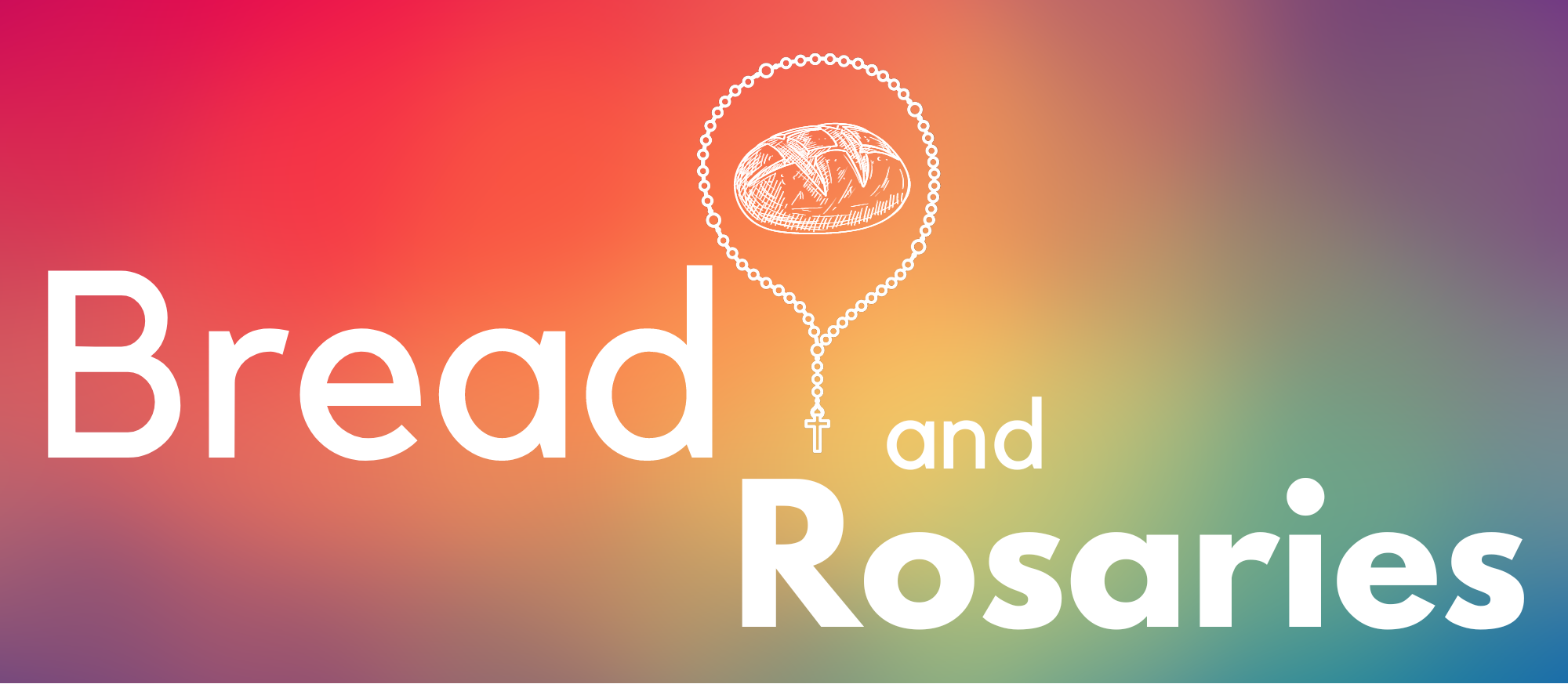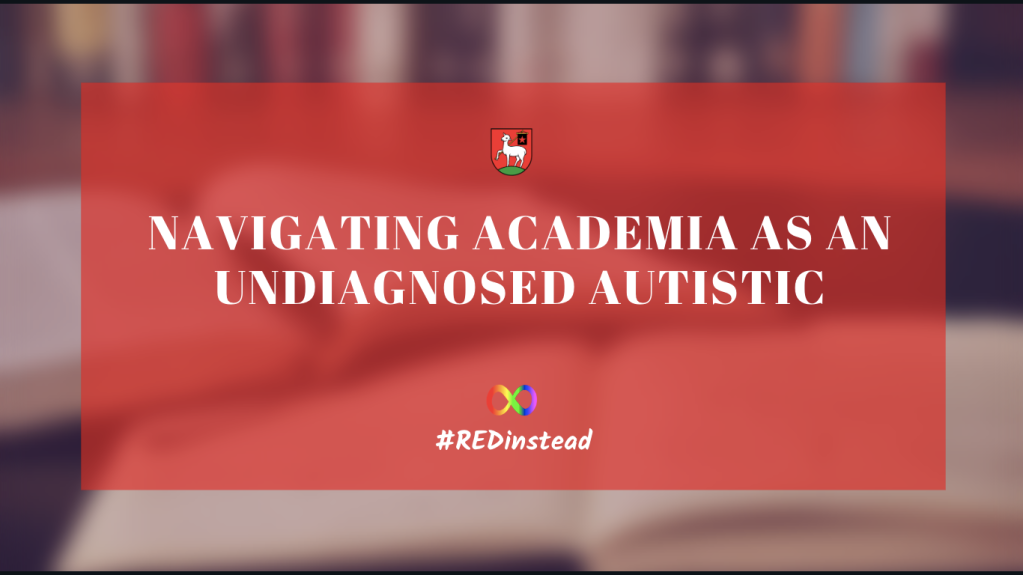In my last blogpost I explored some of the overt and unconscious discrimination that all too often comes with being autistic in a society inherently geared towards the neurotypical experience. In this blogpost I want to talk about the experience of trying to live life as an adult and as a student whilst going through the diagnostic process. My aim is not so much to talk about the diagnostic process in a systematic way, but to try and use my experience to communicate some of the challenges that can arise under such circumstances. I am reticent to do this: whilst I have tried to become more open, discussion of my own issues does not come naturally to me, particularly in this format, but my hope is that this blog might offer something useful to the discussion and give people a more personal insight into why things need to change. It must also be recognised, however, that the autistic community is as diverse as any other, and that there are many voices out there more astute and informed than my own, particularly because I have only had a formal diagnosis for a short time.
One thing you may not realise until you are in the system is that the diagnostic process for autism and other neurodiverse conditions is run entirely within local NHS areas, and this can cause problems. I first saw a doctor regarding what was later shown to be autism whilst in my first year of my second attempt at university in November 2013. To their credit both the doctor and the university moved quickly and after forking out £150 I did not have, I received an assessment and a subsequent diagnosis of dyslexia. Somehow though, this never felt quite right, and whilst I was not seeking a diagnosis of autism myself, I returned to the doctor in the early months of my final academic year. After more than eight months, however, no referral ever arrived, and I graduated and moved away to do my master’s in a different area.
After my new doctor referred me to the relevant service in late 2016, the team I saw suspected that I may be autistic more or less instantly, but they explained that whilst the waiting list used to be six weeks for the first diagnostic appointment, since NHS budgets had been cut by the Conservative government, it now took between twelve and eighteen months. I decided to suspend my studies for the remainder of the academic year and get a job whilst I waited, hoping that perhaps I would get lucky and have a diagnosis by the time I needed to start my second term.

Whilst there are common traits, each autistic person is different just as each neurotypical person is different. For me, because I am also dyslexic, there is an interesting interplay which means that I find things like processing information in the written and spoken word, as well as word recall and grammar very difficult. I also struggle to process emotions in the moment, become overly focussed on accomplishing specific tasks to the exclusion of all else (what my girlfriend calls “being in the here and now”), and can experience sensory overload in certain situations. As I mentioned in my previous blogpost, each of these things come from a part of me that can also be wonderfully life-enhancing. Two of my favourite things, for example, stem from my sensory sensitivity: smelling flowers and feeling the different textures of things as I go about my business. For obvious reasons, though, each of these traits can be unhelpful in typical educational environments such as universities, so many autistic people require support for them. When, as in my case, there are insufficient or even non-existent support systems, this can have an extremely destructive effect not only on that person’s education, but on their whole life. When this is exacerbated by the fact that you can’t access the correct support because you have yet to receive a diagnosis, you can often feel added burdens such as inadequacy or imposter syndrome. I personally felt these and more besides simply because my diagnosis came too late. In spite of the fact that I first approached medical professionals within a few months of beginning my undergraduate degree at the age of 24, by the time I finally received my diagnosis, I had just finished my master’s degree and was about to turn 30.

So, what needs to change? Well first and foremost the Conservative Party needs to stop its campaign of austerity, stop defunding the NHS as a pretext for privatisation, and allow a more joined up NHS rather than the patchwork approach currently taken. It is wrong that people in some areas are diagnosed slower than others, and it is wrong that it takes so long at all when people have the very real pressures of life to deal with. Second, discrimination in the workplace and in academia is very real. The law has not worked here, so another approach is needed, and I would suggest a minimum requirement that all those in management positions, or conducting interviews, should have good quality neurodiversity training written and delivered by neurodiverse people. I have had my diagnosis barely six months and I have already experienced all of these things. Of the many comrades I’ve made in the autistic community along the way, not a single one that I can think of, would say they have received otherwise. Finally, universities and other institutions need to implement policies, procedures and departments that offer adequate support to autistic people and those in the process of diagnosis. On a very practical level, that means actually answering emails and phone calls, and doing so in a timely manner, as well as offering regular personal support and supervision. Some universities offer some of these things up to a point, but few are even approaching a level that could be deemed enough.
It must be said that there are some things that universities get right. Both of my universities were very good at offering extensions to deadlines when necessary as well as extra support for exams, and I honestly question whether I would have completed my undergraduate degree if it weren’t for the close-knit community and informal personal support network that created. Nevertheless, when the formal systems and structures ostensibly there to support you are inadequate, inaccessible, or simply don’t exist, it can feel like you’re fighting a losing battle with a faceless foe, and that you’re fighting it alone. This is something that not only can, but must change.


Leave a comment